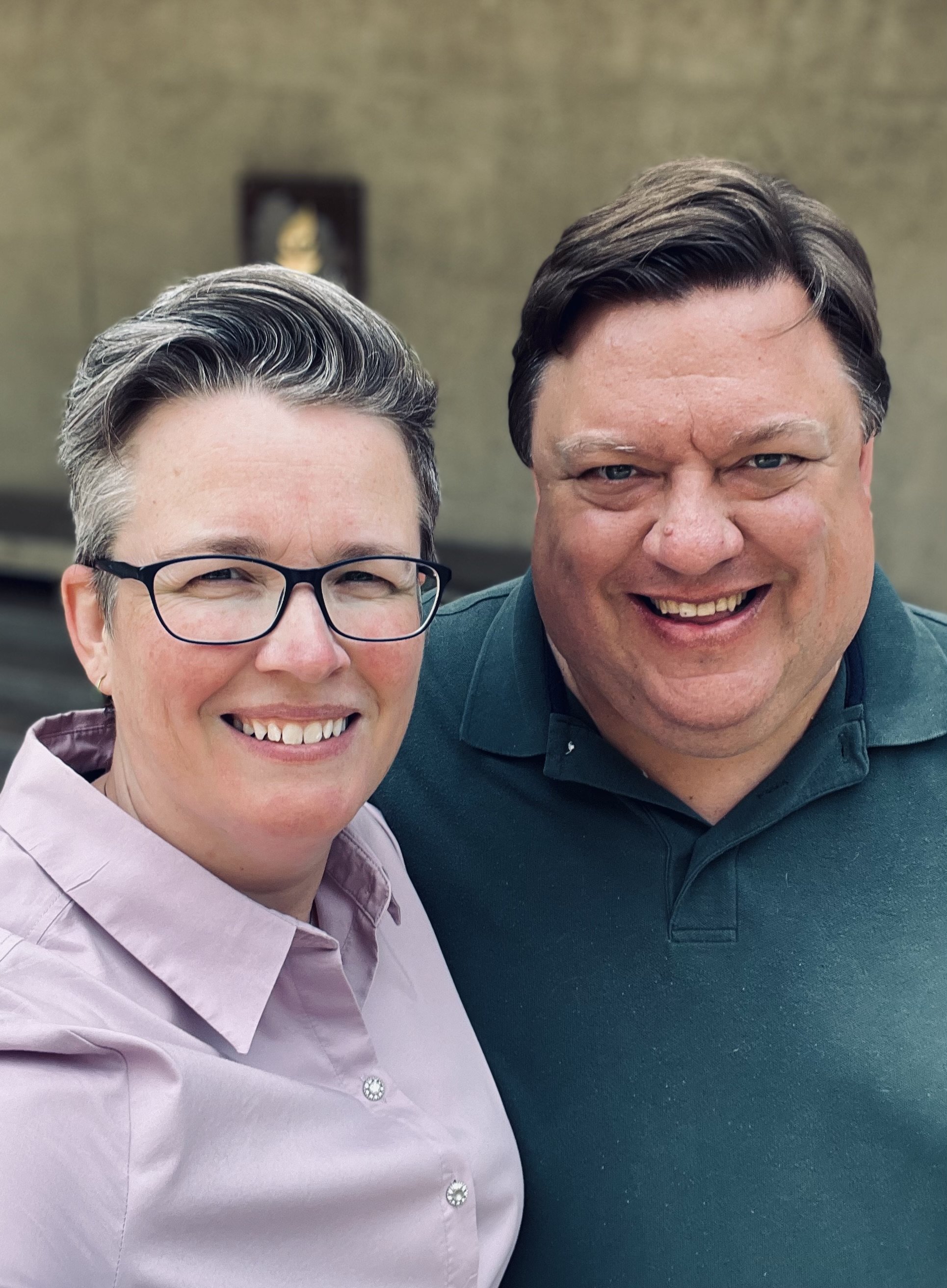Meet the Speakers: Chapter 3
Amanda Thornton
Laugh and Learn with Leadership Improv!
Amanda Thornton (she/her)
Amanda Thornton is a team lead and software developer supporting researchers and research administrators at the UW Madison Space Science and Engineering Center working to expand the boundaries of human knowledge. She is a co-chair for Leadership Improv and organizes the DataWonks and the Distributed Developers Communities of Practice. She is committed to creating inclusive communities for everyone and received the 2020 UW Madison CIO Award for Community Engagement. Outside of work you’ll find Amanda at the rink teaching adults how to play ice hockey.
Here’s what she has to say about her talk:
“Join us for an interactive workshop where we learn and practice leadership competencies in the framework of improv! Many of the skills needed to be a great leader are the same as the skills needed to be a great improv performer so by practicing improv, we can practice our leadership skills in a safe, low risk, and fun environment.”
David Bacisin
Globalization at Fetch: Spanish & Beyond
David Bacisin (he/him)
David Bacisin is a senior software engineer at Fetch, where he developed translation workflows and guided teams to launch the Fetch app in Spanish. He is passionate about building inclusive, performant software, and while he currently focuses on backend distributed systems, he encourages everyone to see how their work ultimately impacts users—that is, real people with diverse experiences and abilities. Outside of work, you'll find him hiking and taking photos in national parks.
Here’s what he has to say about his talk:
“Fetch cares about creating an inclusive experience for its diverse audience. Learn how we re-engineered our systems to engage our Spanish-speaking users—and to open the door to other languages and cultures.”
Kat Rohrmeier
I’m Not Shy, I’m Just Thinking About Everything
Kat Rohrmeier (they/them)
Kat is a writer of code and speculative fiction who is interested in intersectionality, the interstitial, ideas interdisciplinary, and in other things between.
Here’s what they have to say about their talk:
“Yes, everyone’s different, but how is being neurodivergent different, in practical ways? What does working, thinking, communicating look like for someone who isn’t neurotypical, and what does that mean for their colleagues, managers, and others? Hi, I’m neurodivergent and I’d like to share some of my lived experiences with you.”




